1. Marfa, Texas
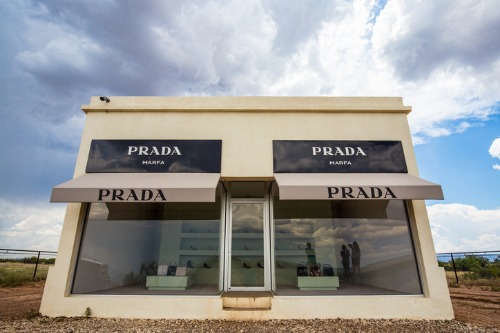
Marfa has become an unlikely crossroads of art, mystery, and rumor. What started as a railroad stop and military town now thrives on the strange blend of minimalist art installations and small-town intrigue. The locals and the transplants love to speculate about who’s behind the latest “Marfa Lights” sighting or which celebrity is staying at El Cosmico. It’s the kind of place where a whisper about a new gallery opening travels faster than the Wi-Fi.
In a town of fewer than 2,000 people, everyone’s a little bit famous. Artists, ranchers, and visitors share gossip at the Hotel Paisano bar the way others share business cards. Marfa doesn’t have factories or big employers — it has lore. And for most residents, keeping up with that lore is practically a full-time job.
2. Eureka Springs, Arkansas
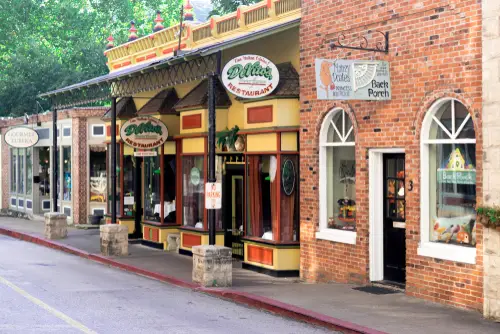
Eureka Springs looks like a Victorian postcard that never moved on from its past — and maybe that’s the point. The springs that once drew thousands of health-seekers dried up, but the stories about haunted hotels, eccentric healers, and old-money drama never did. Gossip fills the cobblestone streets almost as much as tourists do. Everyone seems to have an opinion about who’s really behind that new shop on Spring Street.
Here, storytelling is the local economy. Bed-and-breakfast owners trade rumors like currency, and locals tell tales that make the Crescent Hotel seem haunted even on a sunny day. The town’s reputation is built on personality more than product. In Eureka Springs, if people aren’t talking about you, you probably haven’t lived there long enough.
3. Deadwood, South Dakota
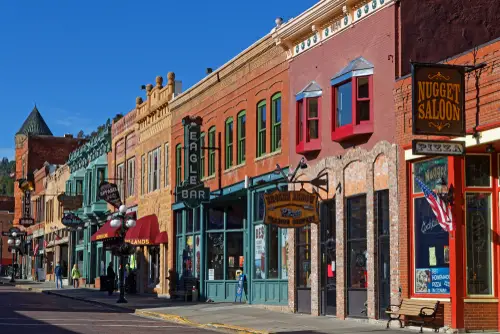
Deadwood’s gold rush days are long gone, but its flair for storytelling never faded. Once home to Wild Bill Hickok and Calamity Jane, the town has always survived on tales taller than its hills. Now, it’s fueled by the same energy — half truth, half legend — that made it famous in the 1800s. Every bartender and tour guide is a part-time historian and full-time gossip.
In a place where the ghosts outnumber the locals, reputation is everything. The town’s Old West charm lives on through stories whispered over poker tables and reenactments that feel suspiciously like rumor come to life. Industry left; the drama didn’t. Deadwood thrives because people still want to know who’s hustling who.
4. Woodstock, New York
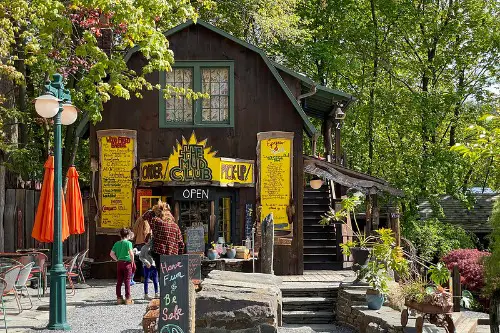
Long after the 1969 festival that didn’t even happen here, Woodstock has made a business out of being talked about. It’s a tiny Catskills town that thrives on art, rumor, and nostalgia. Residents will happily debate which celebrity owns which cabin, or which artist got kicked out of which commune back in the day. The music might’ve faded, but the myth-making never did.
In a place that prides itself on free spirits, gossip is a kind of folk art. There’s no major industry beyond tourism, creativity, and storytelling — and those three often overlap. It’s a living, breathing community that keeps its own legends alive. You don’t need a factory when your best export is a good story.
5. Lindsborg, Kansas
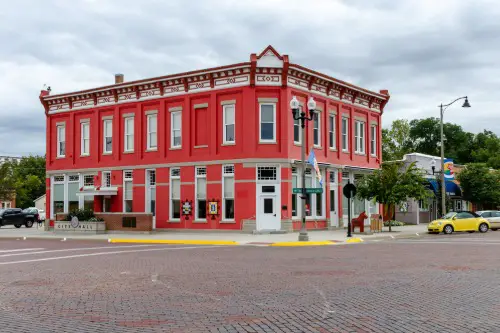
Known as “Little Sweden, USA,” Lindsborg is the kind of town where everyone really does know everyone. Once supported by wheat farming and milling, it now leans on heritage tourism — and a tight social fabric woven with small-town chatter. People discuss everything from whose kid got into KU to which business might be closing. Gossip is as much a tradition as the Swedish festivals.
It’s not malicious; it’s connective tissue. The same neighbor who tells your story will probably bake you cookies the next day. Conversations here often start as news and end as folklore. In Lindsborg, stories outlast spreadsheets every time.
6. Abingdon, Virginia
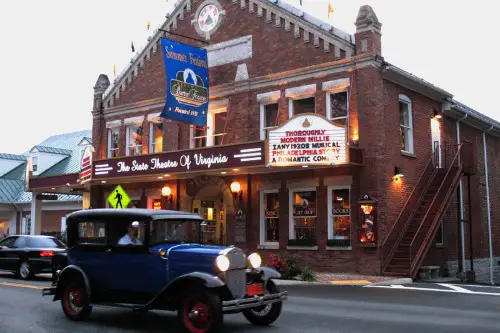
Abingdon’s history is rich — stagecoaches, Civil War generals, and one of the oldest theaters in the country. But locals will tell you what really keeps the place going isn’t the Barter Theatre — it’s the behind-the-scenes talk. Actors, business owners, and residents have made gossip an art form. The town runs as much on word of mouth as on tourism dollars.
Here, history isn’t just preserved — it’s embellished, retold, and embroidered with local flavor. People know who said what at last week’s council meeting before it hits the paper. There’s a certain pride in being in the loop. For a town that’s reinvented itself countless times, rumor is the one industry that never collapsed.
7. Beaufort, South Carolina
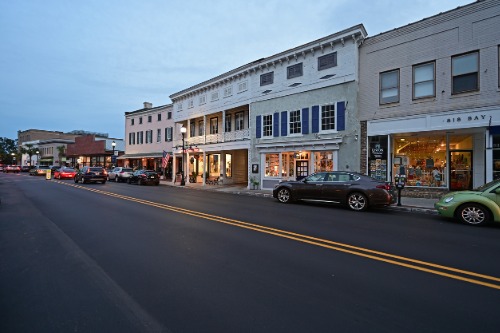
Beaufort might be one of the prettiest towns in the South, but beneath the Spanish moss, it hums with old stories and new gossip. Once a hub for rice plantations, its economic power waned long ago — but its social energy didn’t. Locals can trace family feuds that go back generations, and newcomers quickly learn who’s who at the marina. Gossip is how you learn the rules.
You’ll hear whispers about which antebellum mansion is changing hands or who’s really behind the next art fundraiser. It’s genteel, not cruel — like sweet tea with a hint of vinegar. Everyone’s business is everyone’s pastime. And that’s exactly how Beaufort likes it.
8. St. Francisville, Louisiana
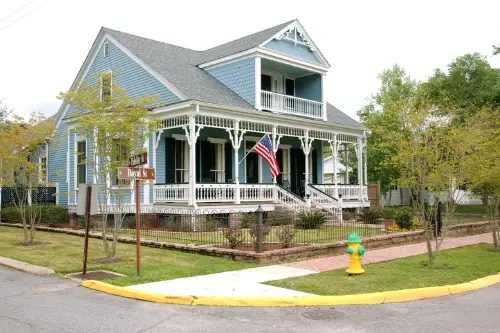
This tiny town north of Baton Rouge has long balanced charm and chatter. Known for its plantations and ghost stories, St. Francisville thrives on tourism and tales. Locals love to recount who saw what at The Myrtles Plantation or whose family “used to own” which historic house. Gossip here is part history lesson, part hospitality.
There’s not much heavy industry left, but conversation is booming. Stories weave together locals and visitors alike, keeping the small-town heartbeat steady. If you sit in Birdman Coffee & Books long enough, you’ll hear every rumor in rotation. In St. Francisville, everyone’s a character in someone else’s story.
9. Mineral Point, Wisconsin
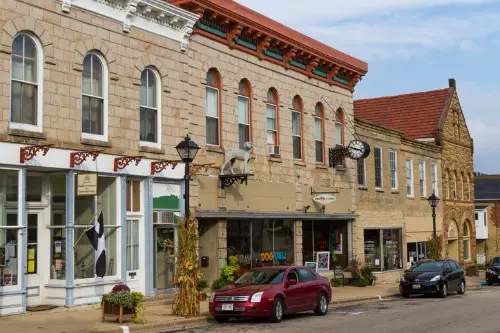
Mineral Point was once a booming lead-mining town, but its heyday faded more than a century ago. What replaced the industry was a close-knit artist community — and, naturally, a steady stream of local stories. Residents gather at the Red Rooster Café or Brewery Pottery to catch up on who sold a house or who’s joined the co-op. Everyone’s personal life feels like a subplot in a town-wide soap opera.
What’s lovely is that it’s never malicious — just deeply communal. The town thrives on shared history and knowing who’s doing what next. That sense of connection keeps the place alive long after the mines closed. In Mineral Point, people mine for stories now, not ore.
10. Blue Ridge, Georgia
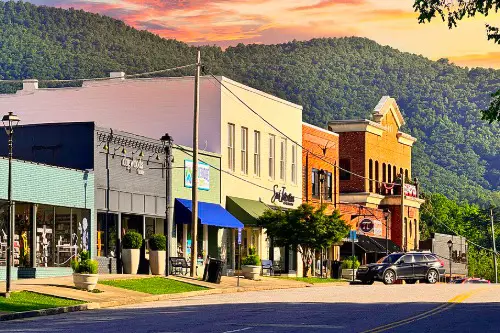
Blue Ridge is one of those mountain towns where gossip travels faster than the scenic train that winds through it. Once a railroad and timber hub, it’s now a getaway for Atlanta weekenders and retirees. Locals trade stories about who bought that new cabin on the ridge or which café is about to change hands. Rumor here is as reliable as the sunrise over the Blue Ridge Mountains.
With few big employers left, conversation is currency. Bartenders and boutique owners double as unofficial news anchors. The tourism boom brought money, but it didn’t replace the intimacy of small-town storytelling. In Blue Ridge, community thrives because everyone still talks — and listens.
11. Galena, Illinois
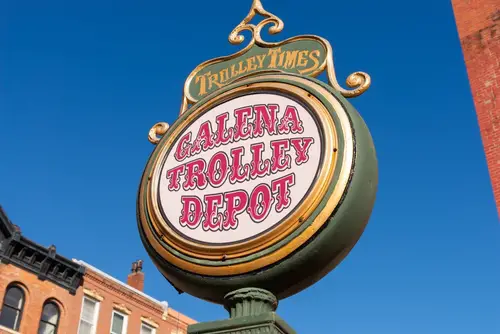
Galena was once a lead-mining powerhouse, but when the ore dried up, the storytelling didn’t. Its 19th-century main street looks frozen in time, and that nostalgia fuels both tourism and talk. Locals swap tales about Ulysses S. Grant’s old house as if the general might still walk in for coffee. The history is half recorded, half whispered.
There’s something cozy about a place where even the shopkeepers know your backstory. Gossip ties generations together more tightly than any old industry ever did. Galena runs on a blend of preservation and participation. You don’t just visit — you join the conversation.
12. Taos, New Mexico
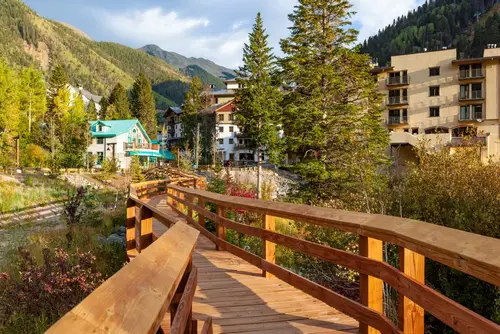
Taos has always been a town of storytellers — artists, mystics, and dreamers who thrive on shared myth. It’s small enough that everyone knows who’s painting what, who’s meditating where, and who just “went off-grid again.” The adobe walls may be ancient, but the stories inside them are fresh every week. Gossip is how art and identity circulate here.
Without a dominant industry, Taos exists in a space between legend and livelihood. People stay because of the culture, not the commerce. Locals tell tales that blur the line between truth and folklore, and nobody minds much which is which. It’s gossip elevated to poetry.
13. Fairhope, Alabama
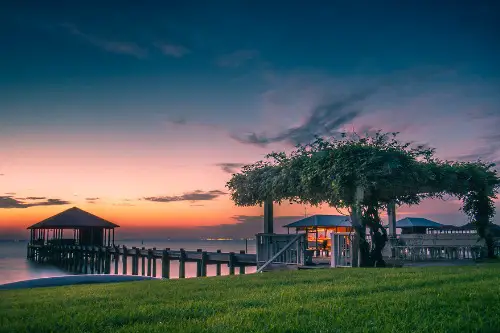
Fairhope began as a utopian experiment in cooperative living — which naturally meant everyone had opinions about everyone else. The idealism stuck around, as did the gossip. Today it’s a pretty bayside town filled with writers, retirees, and shopkeepers who know your business before you do. Every conversation feels like a town-hall meeting with a side of Southern charm.
There’s no major industry beyond tourism and conversation. Coffee shops double as information exchanges, and a single rumor about a zoning change can dominate a whole week. It’s small-town democracy at its most personal. Fairhope runs on sunlight, Spanish moss, and shared stories.
14. Cooperstown, New York
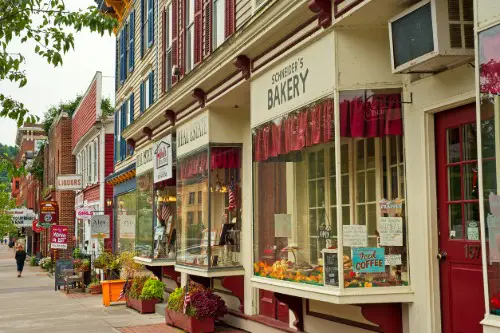
Yes, it’s known for the Baseball Hall of Fame — but once the tourists leave, Cooperstown is a tiny upstate town where gossip is the real pastime. Locals debate which player was rude at the café or who’s moving into that lakeside house. Baseball may be its industry, but rumor keeps it human. You can hear more inside stories at the bar than in the museum.
Off-season, it’s just neighbors catching up at Schneider’s Bakery or down by Otsego Lake. Everyone has a connection to someone famous — or claims to. It’s equal parts Americana and small-town theater. Cooperstown might celebrate legends, but it survives on local lore.
15. Wallace, Idaho
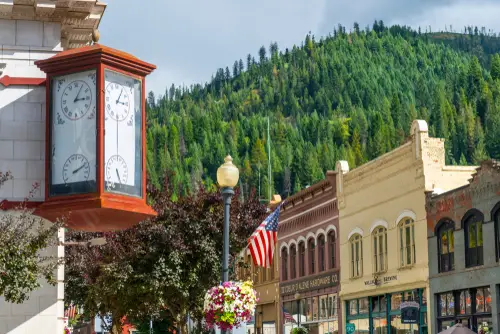
Wallace has reinvented itself more times than a politician — from silver-mining capital to Superfund site to quirky tourist draw. Its downtown is frozen in 1890s architecture and fueled by tales of eccentric locals and “colorful” history. Every resident has a version of which saloon was the most scandalous or who actually owned the brothel museum first. History here always sounds a little bit like hearsay.
Mining may have gone underground, but the storytelling stayed on the surface. The people who remained became stewards of rumor and reputation. Wallace thrives on its self-mythology. It’s part historic site, part ongoing conversation.
16. Provincetown, Massachusetts
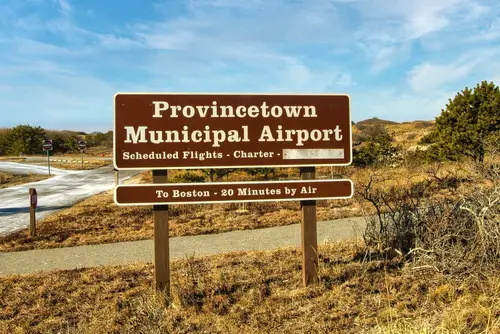
Provincetown sits at the very tip of Cape Cod — geographically isolated, artistically alive, and gloriously gossipy. Its history as a fishing village and later as a queer haven has produced more stories than any one person could track. Everyone knows who’s directing what play, who’s summering with whom, and which lobster roll stand secretly changed ownership. The gossip here is as creative as the art.
Tourism sustains the town, but talk sustains the culture. It’s affectionate, dramatic, and entirely communal — the same qualities that make Provincetown feel like family. Even the local paper leans on storytelling as its soul. When industry ebbs with the seasons, conversation fills the gap.
17. Beaufort, North Carolina
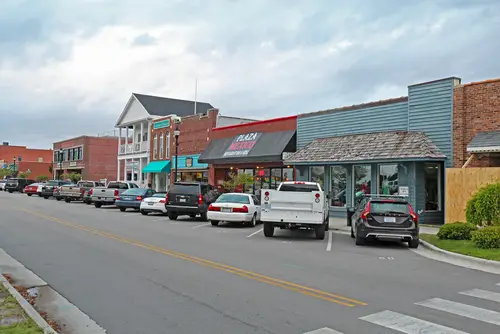
Beaufort, North Carolina, not to be confused with its South Carolina cousin, might be the state’s best-kept open secret. A maritime town turned tourist haven, it’s famous for its history with pirates and for knowing everyone else’s business. The gossip flows as freely as the tide, and nothing stays secret long in a place this small. If someone paints their shutters, it’s a talking point by dinner.
Fishing and shipping once paid the bills, but now it’s personality that drives the town. Locals still trade rumors about hidden Blackbeard treasure or who’s planning to move inland. The gossip is good-natured, the connections deep. In Beaufort, community comes built-in — and everyone’s on the group text.
This post 17 Small Towns That Survived on Gossip Longer Than Industry was first published on American Charm.


